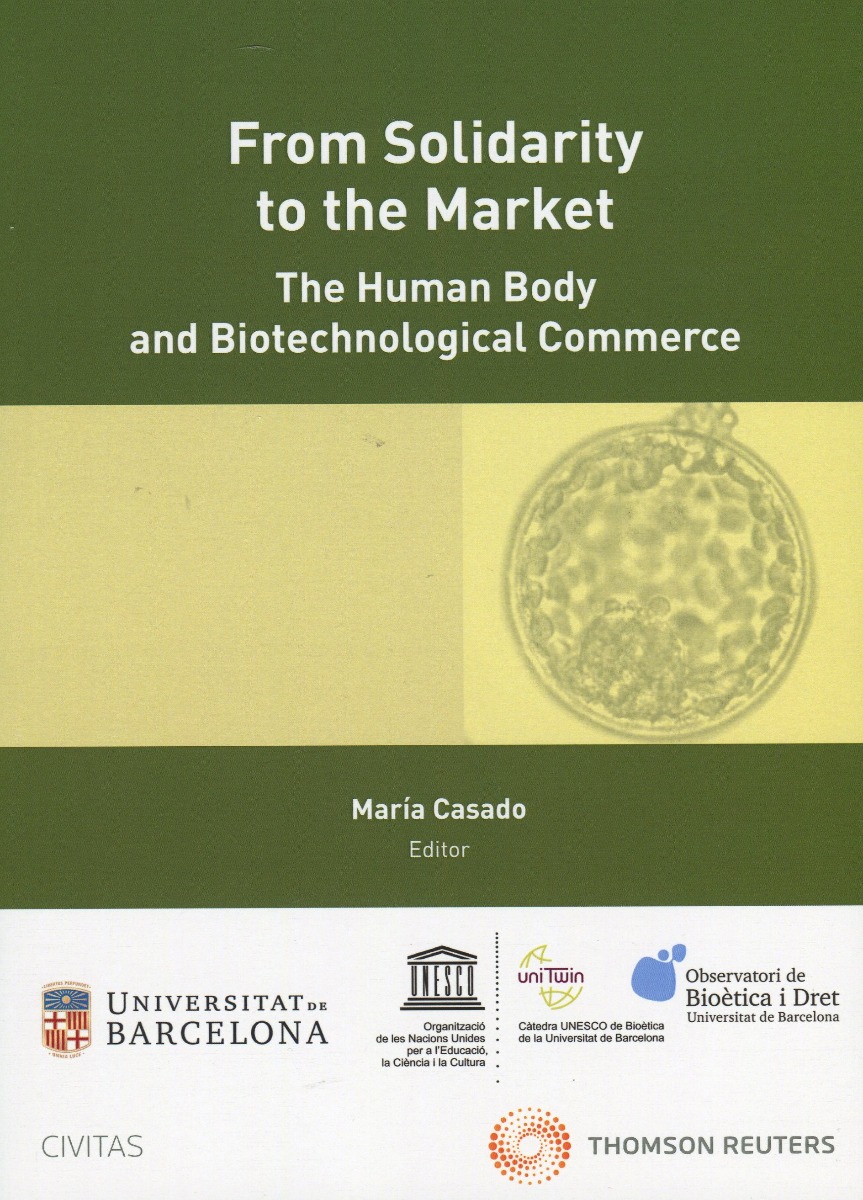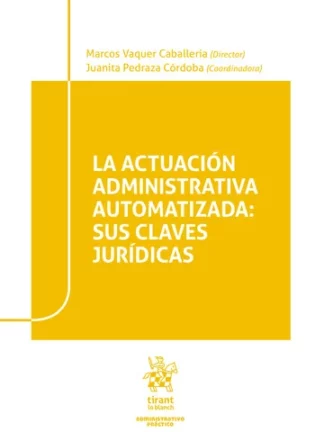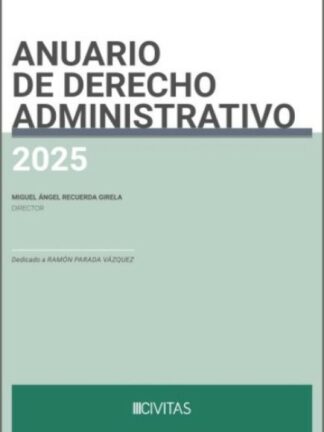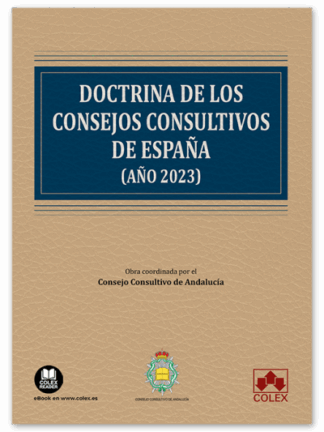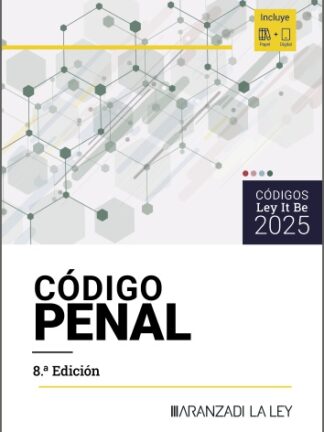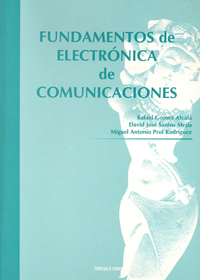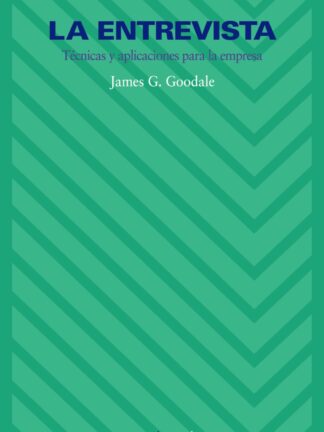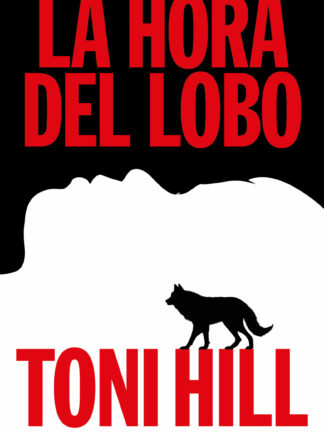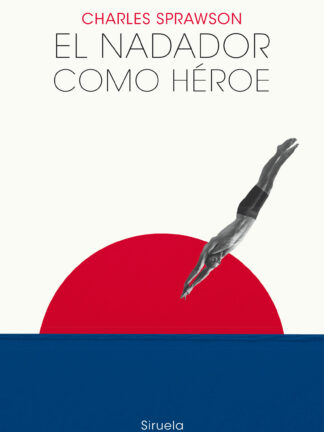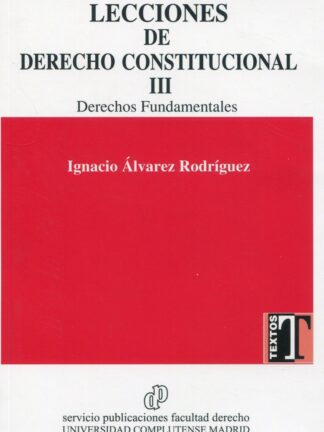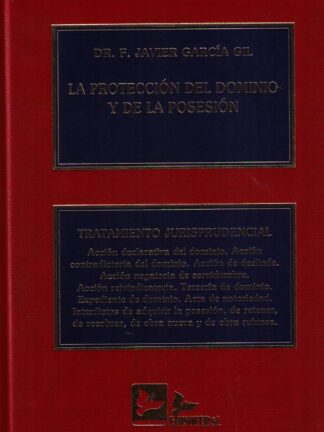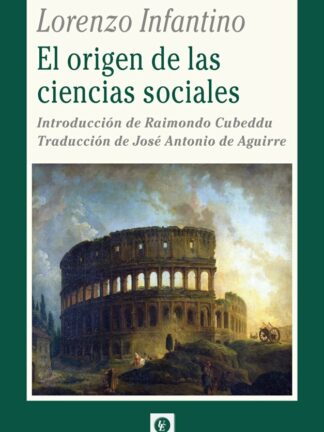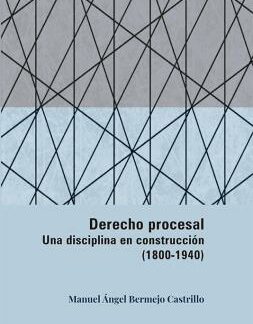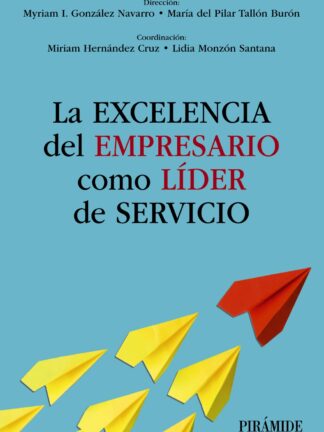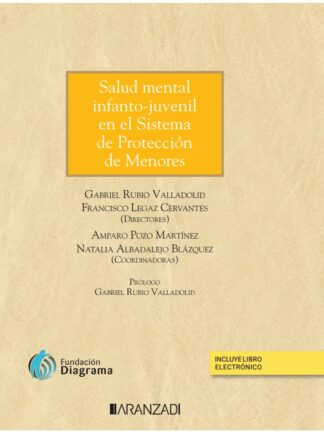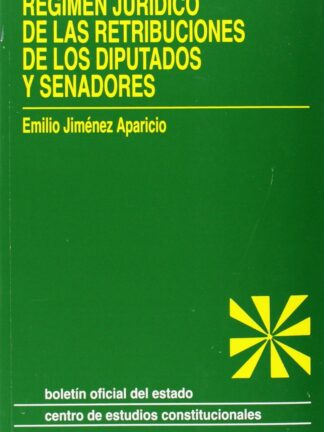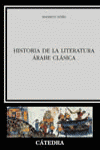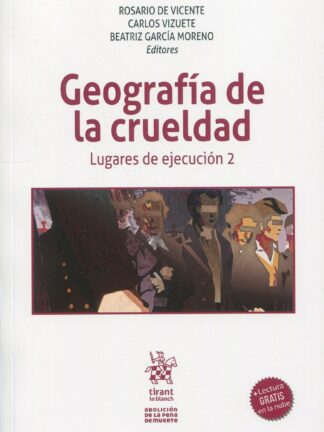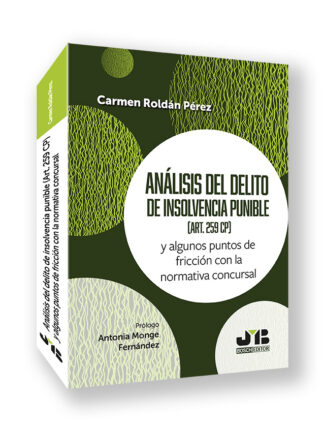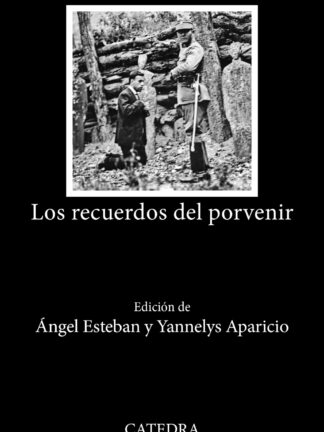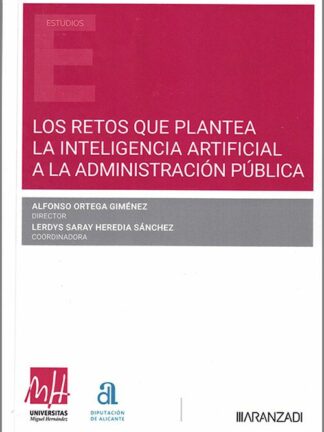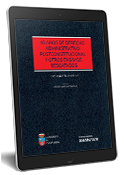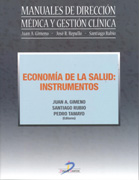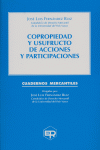Descripción
The application of entena that prioritize mercantile relations, not just for the economy but for society as a whole, delivers up areas that were previously cost-free and reserved for solidarity among people to the tyranny of the market. This ¡s the case with the human body. In this book, with a bioethical approach and from different perspectives, we attempt to unravel how ¡t is possible for the principies of globaljusti.ee and respect for rights to be continually declared valid, yet all the while the commercialization of the human body, its parts and its components is increasingly accepted.
Our analysis forms part of the work done since 1995 by the Bioethics and Law Observatory, a secular, interdisciplinary teaching and research centre belonging to the University of Barcelona. This work ¡neludes the analysis of the ethical, legal and social implications of biotechnologies, and the coordination of different international networks. The director of the Observatory, Dr María Casado, has coordinated the book.
INTRODUCTION
PART ONE
1 FREE OR AT A PRICE? CONCERNING THE HUMAN BODY AS A RESOURCE
1. Introduction
2. The distance between prescriptions and practices
3. Two conflicting models: dignity and rights v market society
4. Some thoughts about justice and the consideration of the body as a resource
2 THE RIGHT TO ONE’S OWN BODY (BODILY INTEGRITY) AND ITS CONSEQUENCES
3 SUBJECT, BODY AND MARKET: A COMPLEX RELATIONSHIP
1. Introduction
2. The modern legal and political discourse and capital/the market
3. What structural changes should legal and political culture undertake in order to overcome origins-based oppression?
4. The political and ethical value of the modern discourse
5. The commercialization and fragmentation of bodies
6. Body-subjects and citizenship
7. What mistakes have we made and are we still making?
8. Unexpected problems and future challenges
Sources Consulted
4 IS THERE ANYTHING MONEY CAN’T BUY?
5 IS MY BODY MINE? CONCERNING THE PRIVATE OWNERSHIP OF THE HUMAN BODY
. The human body, tempted by the market
2. My body is mine
3. My body and I: do I have a body or am I a body?
4. The ownership of oneself, or self-ownership
5. My body is nobody’s
Sources consulted
6 BETWEEN PROPERTY AND PERSONALITY: THE RIGHT TO DISPOSE OF PARTS AND PRODUCTS OF THE BODY FROM A CIVIL LAW PERSPECTIVE
1. Introduction
2. Between the right of ownership and the right of personality
3. The fact that financial gain is prohibited does not imply that the disposal of organs, tissues or fluids is prohibited
4. Conclusion
7 NOTES ON THE HUMAN BODY AND ITS PARTS IN THE MARKET
1. Introduction
2. The human body and the person
3. The new panorama
4. Human body parts, substances and waste
5. The different positions concerning the situation of the separate parts of the body in legal systems
6. Importance of the genetic information of detached body parts
7. Ends pursued with the detachment of body parts and the applicable legal regime
8. The contradictions arising from the new reality
9. The principle of non-commerciality of the body: its sources and scope
10. The separate and industrialized parts: their regime
11. The artificial parts incorporated in the body
PART TWO
8 SHOULD SURROGACY BE PERMITTED IN SPAIN? THE STATE OF THE QUESTION AND SOME CONSIDERATIONS
1. Surrogacy today
2. Different approaches to the same phenomenon, the boom in international surrogacy and a “liberalizing” trend
3. The situation in Spain
4. Surrogacy before the European Court of Human Rights: possible implications for Spain
5. Final considerations
Sources consulted
9 ORGAN AND TISSUE DONATION AND TRANSPLANTATION: ALTRUISM OR BUSINESS?
1. Introduction
2. Definitions
3. Illicit organ trafficking practices
4. Prices and fees
5. Ethical conclusions and assessments
Sources consulted
10 THE COMMERCIALIZATION OF GENETICS
1. Using genetics to diagnose diseases
2. Forensic genetics
Sources consulted
11 EMERGENT RESEARCH AND MARKETS: WEBSITES, APPS, BIG DATA, BIOLOGICAL SAMPLES AND GENETIC INFORMATION
Introduction
1. Analysis of research projects with websites and apps
2. Treatment of international requests for samples
3. Requests for samples through intermediary companies
4. Requests for samples for technical validations and other external requests
5. Requests for extraordinary use of biological samples
6. Big data and genetic information projects
Sources Consulted
12 THE TREND TOWARDS THE COMMERCIALIZATION OF HUMAN BODY PARTS AND OF PRIVACY IN RESEARCH WITH BIOLOGICAL SAMPLES AND DATA (BIG AND SMALL)
1. Introduction
2. Public assets at the service of private interests?
3. Part I: Biological samples of human origin and biobanks
4. Part II: Big data analysis applied to research (big data) and health apps (mHealth)
5. Conclusions and proposals
NOTE ON THE AUTHORS
María Casado, Directora del Centro de Investigación Observatorio de Bioética y Derecho (OBD) de la Universidad de Barcelona. .Titular de la Cátedra UNESCO de Bioética de la Universidad de Barcelona
Manuel Atienza, Profesor de Filosofía del Derecho de la Universidad de Alicante
Ana Rubio Castro, Profesora de Filosofía del Derecho, Universidad de Granada
Albert Royes i Qui, Miembro del Observatorio de Bioética y Derecho (OBD) de la Universidad de Barcelona. Profesor y Coordinador del Máster en Bioética y Derecho de la Universidad de Barcelona. Secretario de la Comisión de Bioética de la Universidad de Barcelona.
Ricardo García Manrique, Profesor de Filosofía del Derecho, Universidad de Barcelona
Esther Arroyo Amayuelas, Catedrática de Derecho Civil de la U. Barcelona y Titular de la Cátedra Jean Monnet de Derecho Privado de la UE en la misma Universidad.
Salvador Darío Bergel, Titular de la Cátedra UNESCO de Bioética de la Universidad de Buenos Aires Esther Farnós Amorós , Profesora de Derecho Civil en la Universidad Pampeu Fabra, Barcelona
Chloë Ballesté Delpierre, Profesora asociada del departamento de cirugía y especialidades quirúrgicas de la Universitat de Barcelona.
Carme Barrot Freixat, Responsable del Laboratorio de Genética Forense. Profesora Agregada de Medicina Legal y Forense.
Míriam Méndez García, Abogada en el Hispital Clinic de Barcelona
Itziar de Lecuona, Profesora en el Deaprtamento de Salud Pública en la Facultad de Medicina, Universidad de Barcelona

